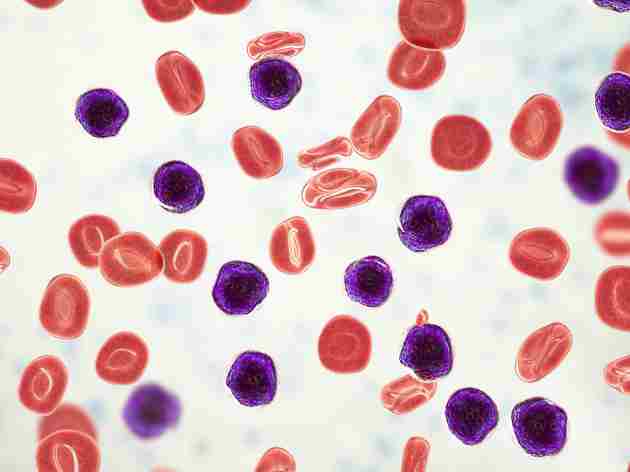A catalog of all human cells reveals a mathematical pattern
Copyrights:admin Posted on 2023-09-18 22:37:19。
Please specify source if reproducedA catalog of all human cells reveals a mathematical pattern | SCISOON
Please specify source if reproducedA catalog of all human cells reveals a mathematical pattern | SCISOON
No comments...


